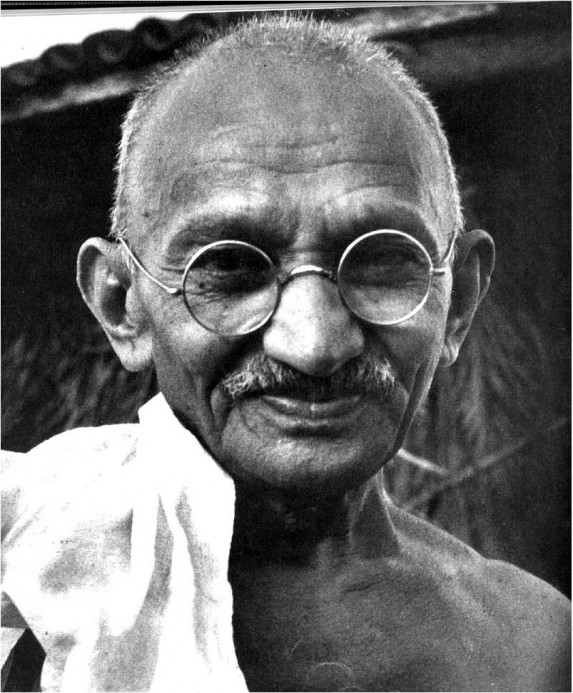 “It is easy to be true to your principle when you are adhering to your values and getting the results you want. The challenge occurs when [for example] sales are increasing but selling techniques lack integrity, profits are increasing but regulations are being circumvented in the process, and productivity gains are being achieved but some managers have created a climate of fear.”
“It is easy to be true to your principle when you are adhering to your values and getting the results you want. The challenge occurs when [for example] sales are increasing but selling techniques lack integrity, profits are increasing but regulations are being circumvented in the process, and productivity gains are being achieved but some managers have created a climate of fear.”
And with this observation—perhaps even a challenge—by Keshavan Nair in his book, A Higher Standard of Leadership: Lessons from the Life of Ghandi, we find that indeed leadership cannot be of a higher standard if it lacks an active process of creating integrity.
Nair illustrated this most powerfully in another passage:
“Ghandi always believed that those being denied their rights also had to meet their responsibilities…When we fail to meet our responsibilities to others, they have to insist on their rights. In some cases, these rights have to be written into law…Business leaders insist on their right to be free from government interference in the conduct of their business. However, the majority of government regulations have been put in place because businesses did not meet their responsibility, for example, to protect the environment or the safety of their employees. If business had met its responsibilities initially, it wouldn’t have to spend so much effort arguing for its rights today.”
In the modern-day business setting, it is essential for the leader and his/her organization that values integrity to seek and act upon those opportunities and demonstrate the desire to share respect and responsibilities. Whether the situation is in competition with other companies or an ongoing dialog with labor, the commitment to preserving another’s core rights is in fact a personal and corporate responsibility that we all must be willing to apply ourselves to.
Source: A Higher Standard of Leadership: Lessons from the Life of Ghandi, by Keshavan Nair.